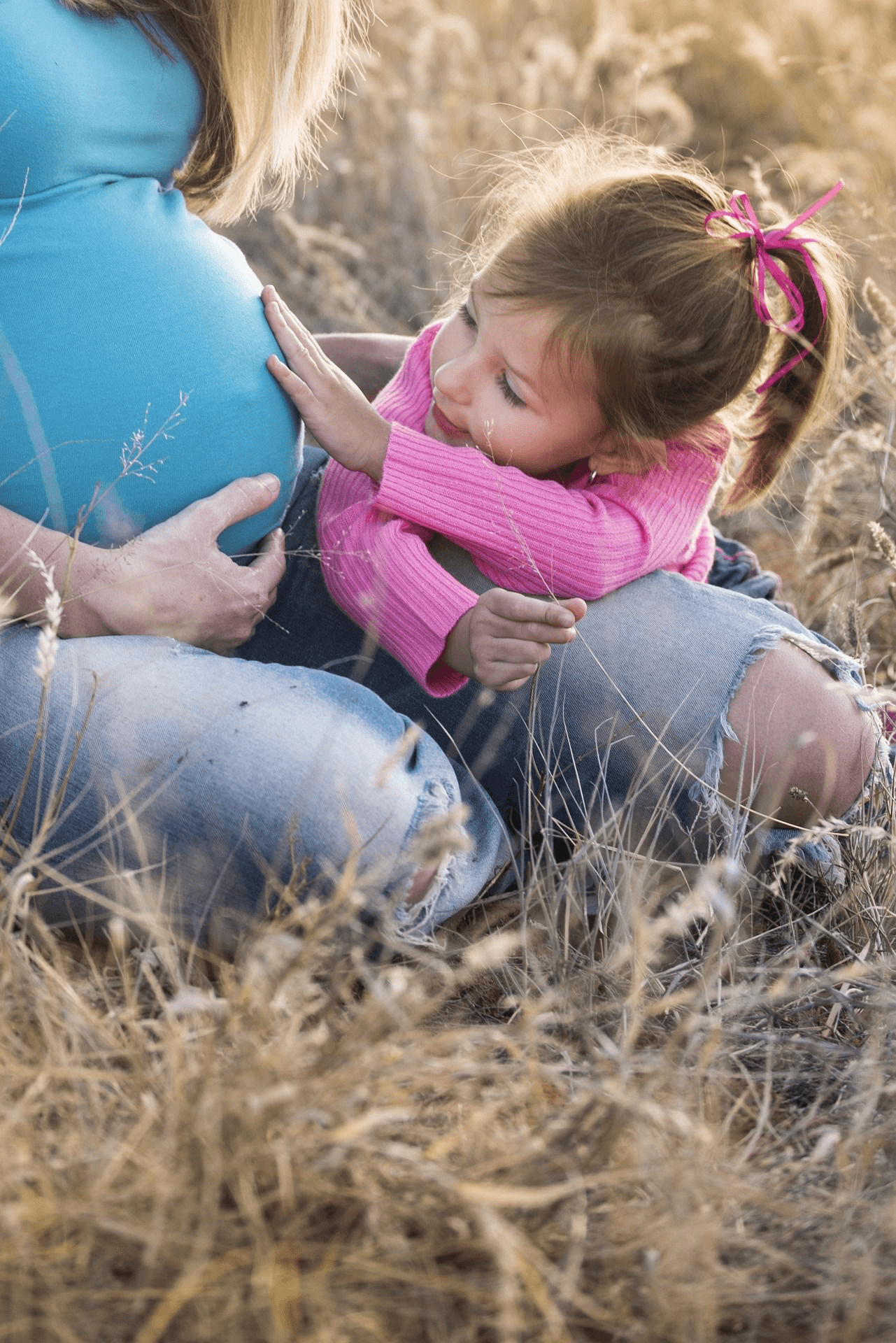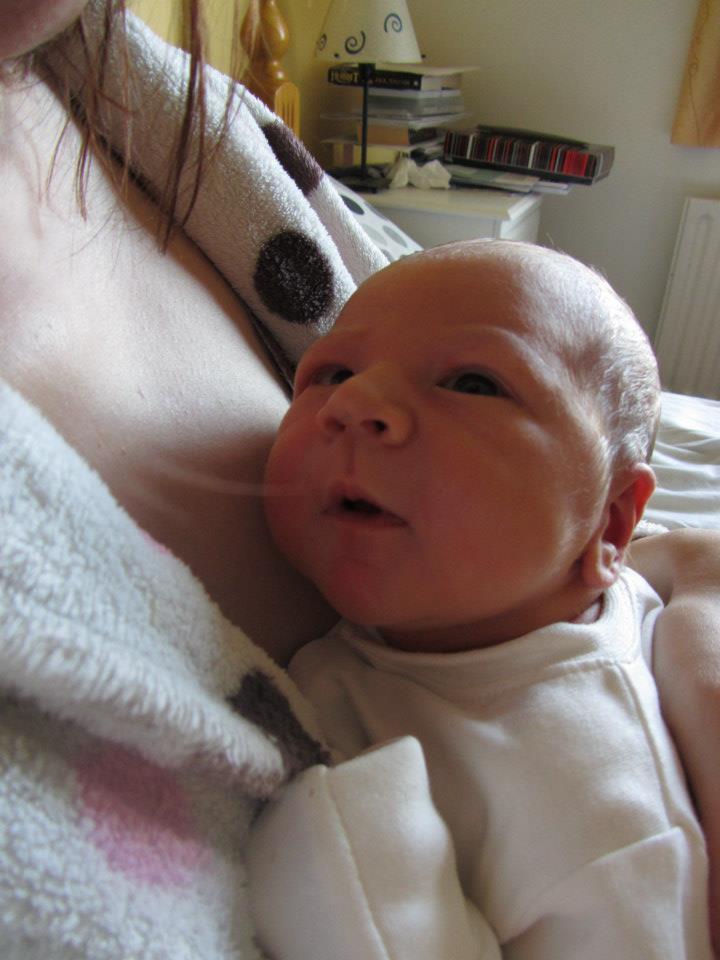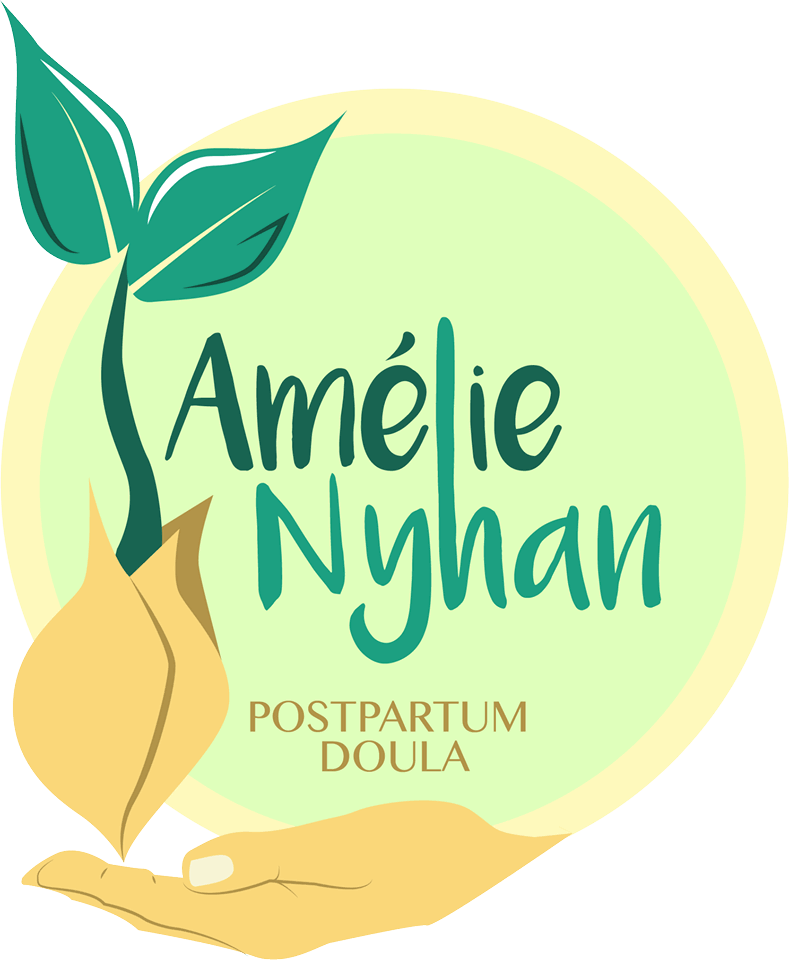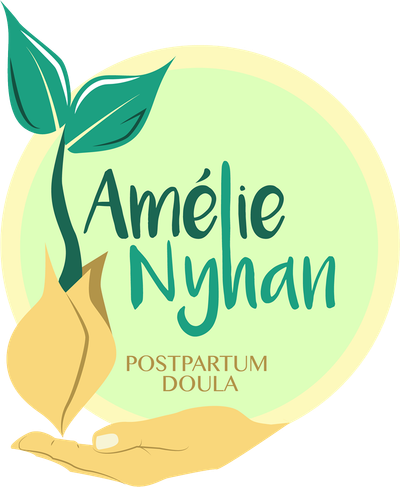Self Efficacy and Motherhood

It takes a village… to offer an abundance of positive role models, to encourage and support a new mother through her own experience of motherhood, to allow for mistakes to be made and for learning opportunities to happen, to allow space for one’s own self-confidence to naturally grow.
You have been offered a new job? A brand-new career opportunity? Congratulations!
How many people are close to you to train you into this new position? Who do you look up to when you have doubts or questions? Who have been your inspirations, your role-models to guide you through your career path and dreams? What do you tell yourself to be successful at what you do?
You are going to have a baby? You are a new mum? You already have children? Congratulations!
Now look at the above questions again. Do they apply to motherhood? Can you relate to any of those questions when you think about parenting? Why, or why not?
When we think about our career path, we think about continual learning and personal growth. Can this apply to our journey as mothers?
Social Learning Theories may give us a clue. In 1977, Albert Bandura defines Social Learning. “Most human behaviour is learned observationally through modelling: from observing others one forms an idea of how new behaviours are performed, and on later occasions this coded information serves as a guide for action”.
Attachment theories have paved the path to Attachment style Parenting, while Positive Psychology has brought us Positive Parenting.
Motherhood and parenting are intimately entwined with attachment, bonding, education and learning. While bonding is an innate and natural instinct, caring for and educating our children is a learnt process, influenced by those closest to us and by the wider society.
In the context of attachment theories, positive psychology and social learning theories, we can draw some parenting lessons that will serve both our babies, and our own personal development.

Let’s explore self-efficacy and motherhood.
“What people think, believe, and feel affects how they behave. The natural and extrinsic effects of their actions, in turn, partly determine their thought patterns and affective reactions” (Bandura, 1986). When facing into parenting and all its challenges, seeking the support of other mothers around us can help us reframe our line of thought. Also, offering active support to other parents in return may certainly foster our own confidence.
These are four ways of building self-efficacy:
1-“Mastery Experiences”: Those are the first-hand challenging experiences that are a success and that we perceive as successful, which help build our self-confidence.
For a new mother, responding to her baby’s cries by picking her up and noticing how she relaxes, stops crying and makes eye contact can bring on a loving feeling and a sense of achievement. The outcome of alleviating your baby’s cry is a powerful message that you are doing exactly what you are meant to do, thus fostering your self-belief as a mother.
2-“Social Modelling”: Choosing the right role-models to us, people whom we can observe succeeding in the face of challenging experiences, people who show us that self-belief and perseverance pay-off.
In the early weeks and months with our new born baby, our perception of ourselves and of the world around us can change immensely. Finding positive role-models, in the (social-) media, or around us can help stabilise these feelings and show us strength in others’ achievements and resilience.
3-“Social Persuasion”: Finding the right mentors, people close to us who can show us their self-efficacy and support us while we build our own, through hands-on support, advice and positive feedback. These people, (mothers, sisters, best friends, peer supports…) can provide us with a safe and supportive environment while we learn and master new skills.
Through the vulnerability of the early weeks and months with her new born baby, a mother needs strong bonds with other supportive women. By seeking out support and guidance, new mothers can learn through others’ experiences and also seek feedback on their own journey. Building strong connections with other women in similar situations than our own is a wonderful resource that will promote our learning process and nurture self-confidence.
4-“State of Physiology”: Self-efficacy depends not only on one’s actions, but also very much on one’s perception of their situation and outcomes.
In the example above of the new mother responding lovingly to her baby’s cries, she is following her instincts by holding her baby in her arms, talking to her softly, rocking her gently, and so, her baby calms down and stops crying. She also needs to bring forward into her consciousness that her baby is calm due to her appropriate and helpful actions. These conscious positive thoughts are building her self-efficacy: when I do A, my baby responds B, therefore I know what to do, I am proficient in my role as a mother.
In his book Positive Parenting first published in 1999, John Sharry writes: “Too often parents give themselves a hard time, criticising their own behaviour and putting themselves down. (…) Don’t be afraid to praise yourself.”.
As mothers, if we seek each other out, observe non-judgmentally each other’s skills and are willing to learn and practice on our own, then we will grow in self-confidence and foster our personal-development.




